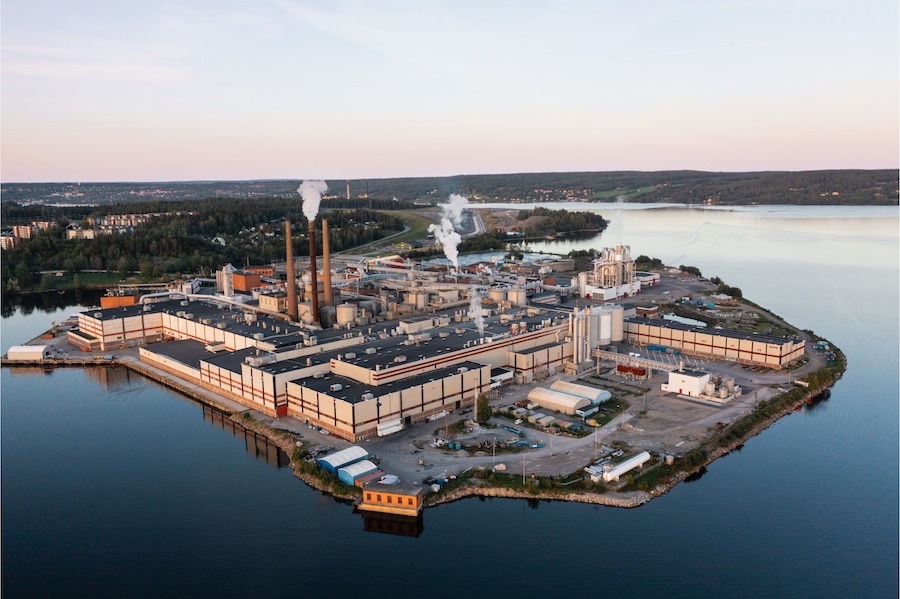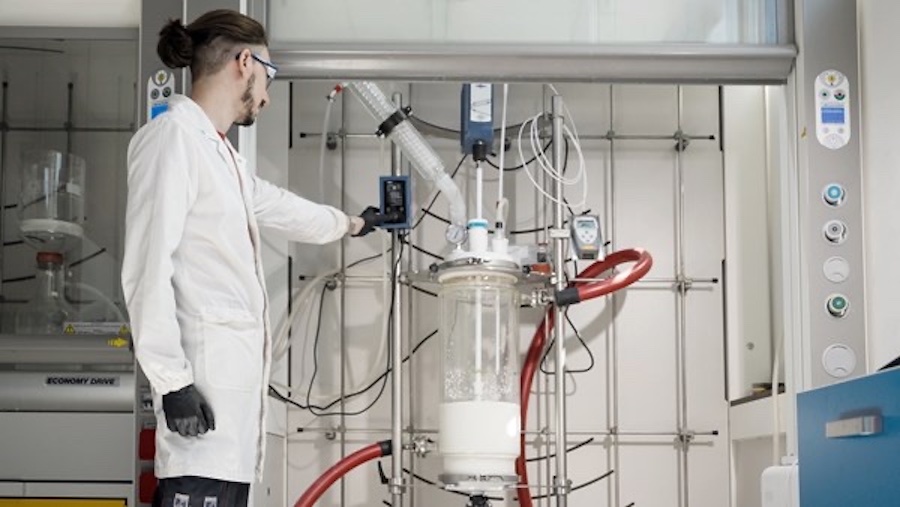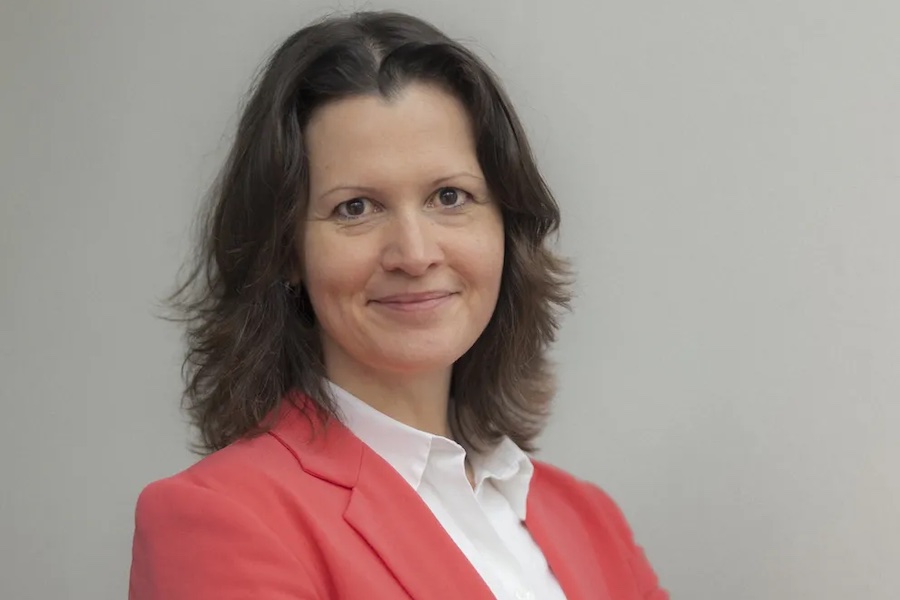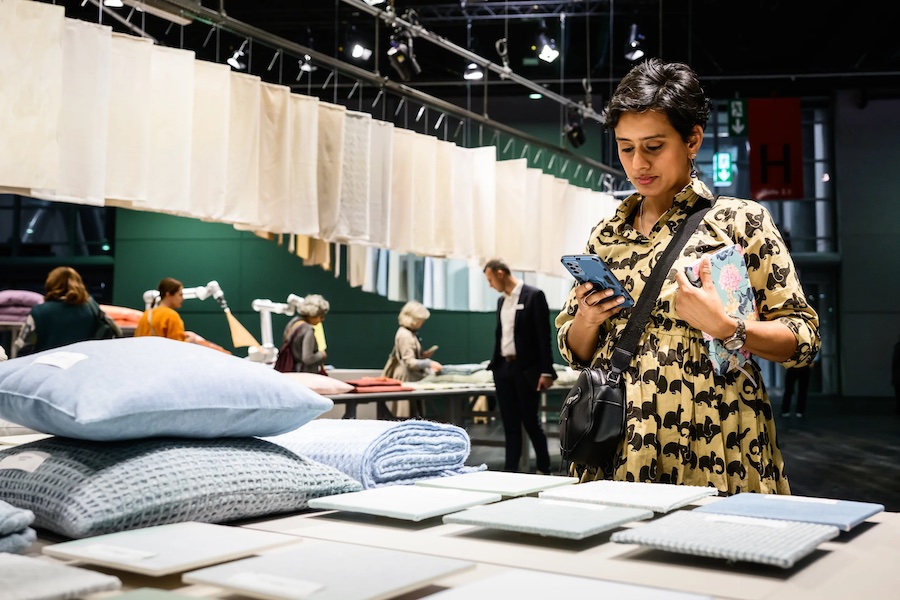#Recycling / Circular Economy
New material recovery facility opened in Banyuwangi under project STOP’s expansion program
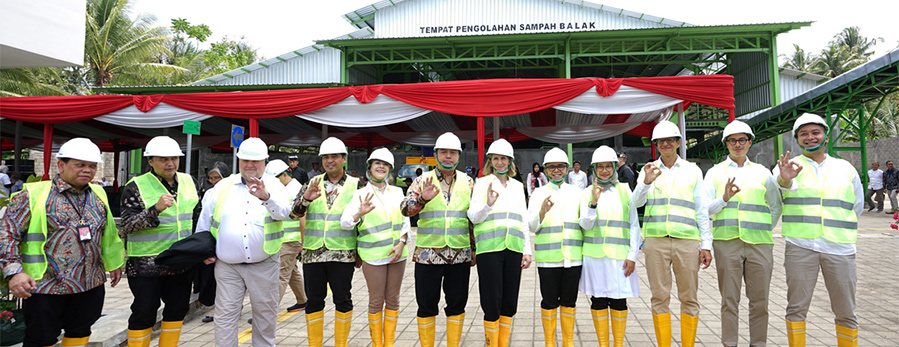
© Project STOP
• Inauguration of new material recovery facility (MRF) in Songgon Municipality, Banyuwangi, East Java represents a key milestone towards building Indonesia’s first Regency-led circular waste management system as part of the Project STOP Banyuwangi Hijau expansion plan.
• One of the largest of its kind in Indonesia to date, the new MRF will manage waste collection and sortation from households in the region, including materials to be recycled, with a daily capacity to process up to 84 tonnes of waste.
• The MRF will collect all waste, including 3,300 tonnes of plastic waste per year, at full scale by 2025.
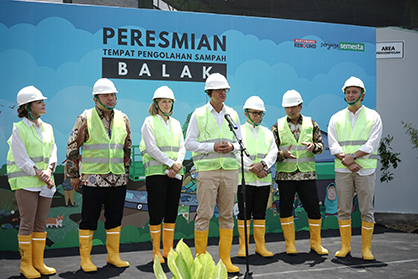
Key highlights:
• The MRF will manage waste collection and sortation as well as materials to be recycled from households in the region.
• Its daily processing capacity is up to 84 tonnes of waste.
• Anticipated to create approximately 200 jobs by 2025 and service over 250,000 residents.
• By 2025, the MRF aims to collect annually 23,000 tonnes of waste, including 3,300 tonnes of plastic.
Co-founded by Borealis and Systemiq, with broad support from National and Regional Governments, international institutions, academia and private sector, focuses on delivering measurable impact on the ground. Since its inception in 2017, it has steadily extended across the entire Banyuwangi Regency. The new MRF is part of its Banyuwangi Hijau expansion plan, aiming to positively impact the lives of up to 2 million individuals, across all Project STOP city and regional partnerships, create 1,000 full-time jobs and annually collect 230,000 tonnes of waste, including 25,000 tonnes of plastic.
“Plastic leakage to sea, land and air can be prevented by working closely with all stakeholders. Through the Project STOP Banyuwangi initiative, we work hand-in-hand to make tangible improvements to the health of the local environment and people living in Banyuwangi,” said Ipuk Fiestiandani, Banyuwangi Regent. “We hope this infrastructure can establish the implementation of a circular waste management system and become a benchmark to other regions in Indonesia.”
For the MRF’s construction, the Banyuwangi Regency Government allocated more than 1.5 hectares of land in the first phase of the Project in Banyuwangi. The circular waste system is designed to support the implementation of the Banyuwangi government’s Solid Waste Master Plan, co-developed by Banyuwangi Agencies, the Clean Oceans through Clean Communities (CLOCC) Program and Project STOP.
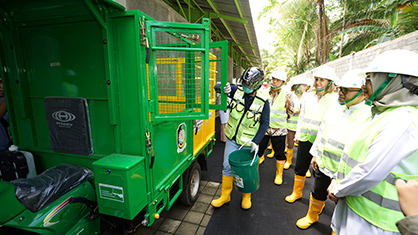
"Since we founded Project STOP together with Systemiq in 2017, we established waste management systems in Muncar, Pasuruan and Jembrana as first phase. Based on the learnings done in the first three cities, we will now expand the reach of Project STOP to the Banyuwangi region. Beyond that, we hope that Project STOP serves as inspiration and blueprint for other projects to accelerate the establishment of a circular economy and to avoid waste leakage into the environment,” commented Thomas Gangl, Borealis CEO.
“This second Project STOP Program in Banyuwangi underscores our enduring partnership with the Regency and other local government agencies, with increased impact and benefits for the local environment and population. We intend this to be a beacon for Regencies across the country and thank our funders and partners for their ongoing commitment,” said Ben Dixon, Head of Materials and Circular Economy at Systemiq.
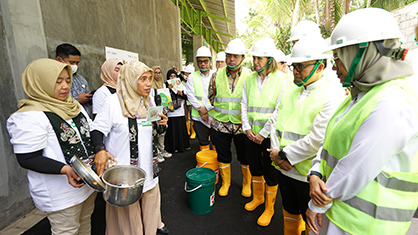
The state-of-the-art MRF is equipped to handle both organic and inorganic waste. Organic waste will be processed into compost, while inorganic waste will be sorted and transferred to the recycling industry.
Project STOP Banyuwangi’s achievements can be largely attributed to its successful collaborations and close partnerships with various Indonesian government bodies, such as the Coordinating Ministry for Maritime and Investment Affairs (CMMAI), the National Ministry of Environment and Forestry (MoEF), the Banyuwangi regency government and Project STOP Strategic Partners including the Norwegian Government, Accenture, Borouge, USAID and Partnering for Green Growth and the Global Goals (P4G).







